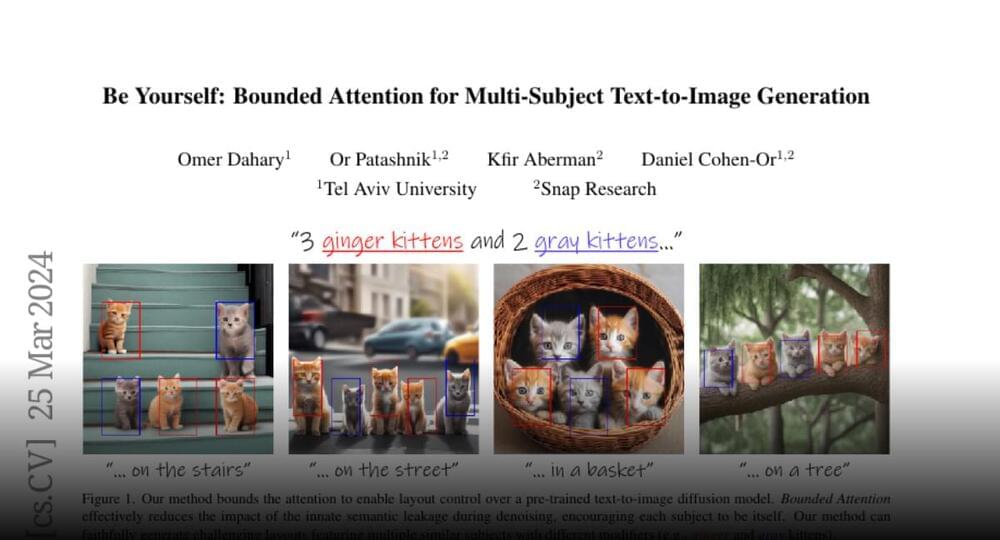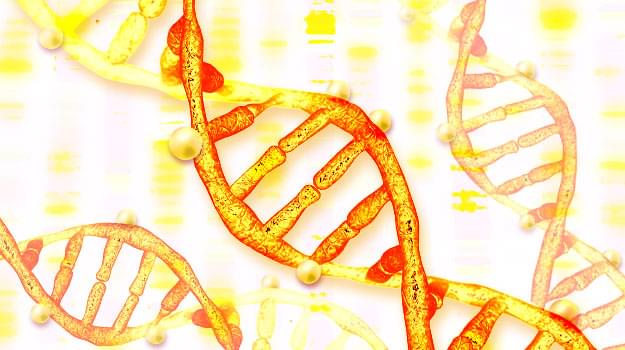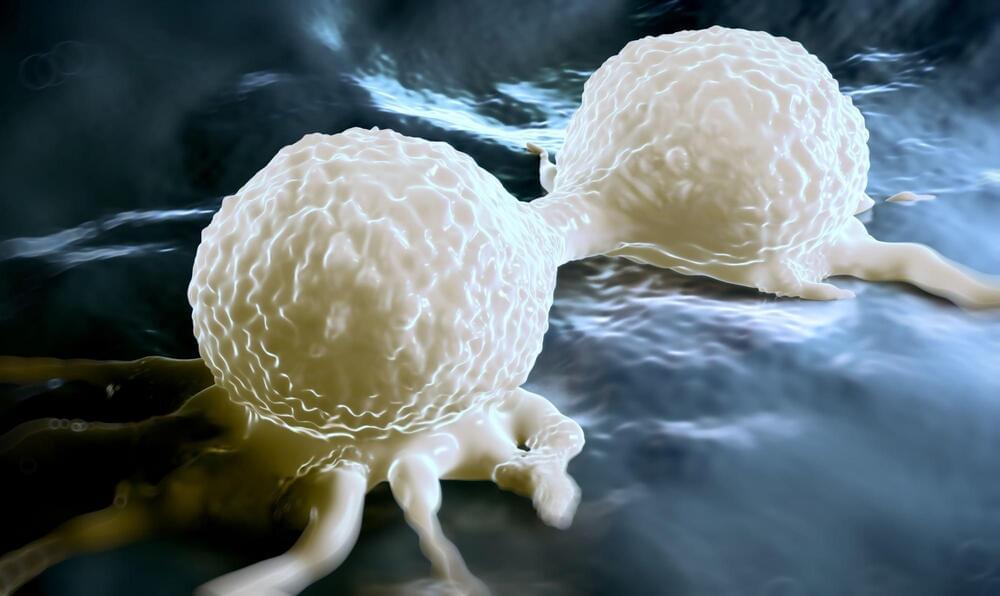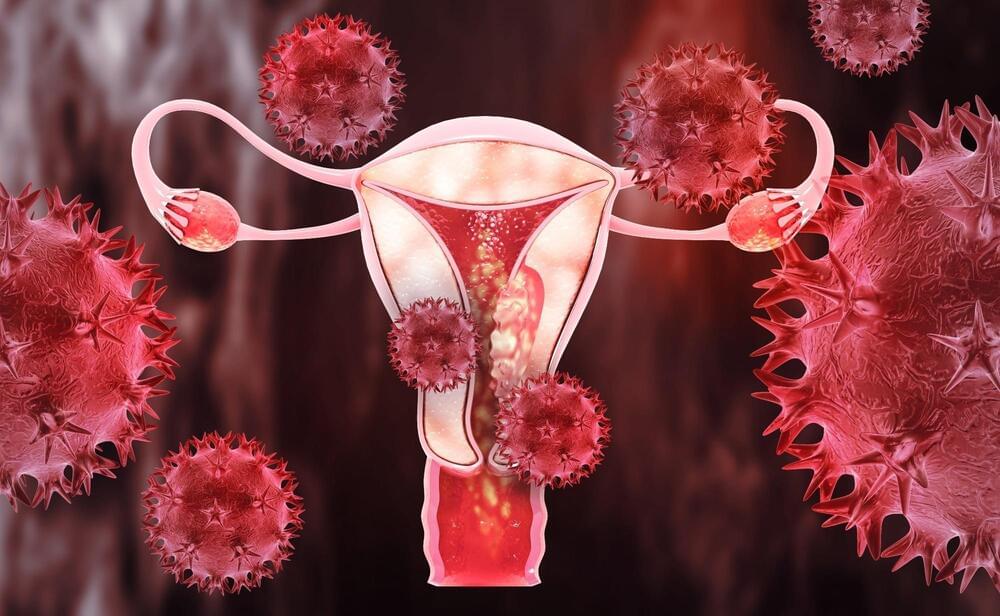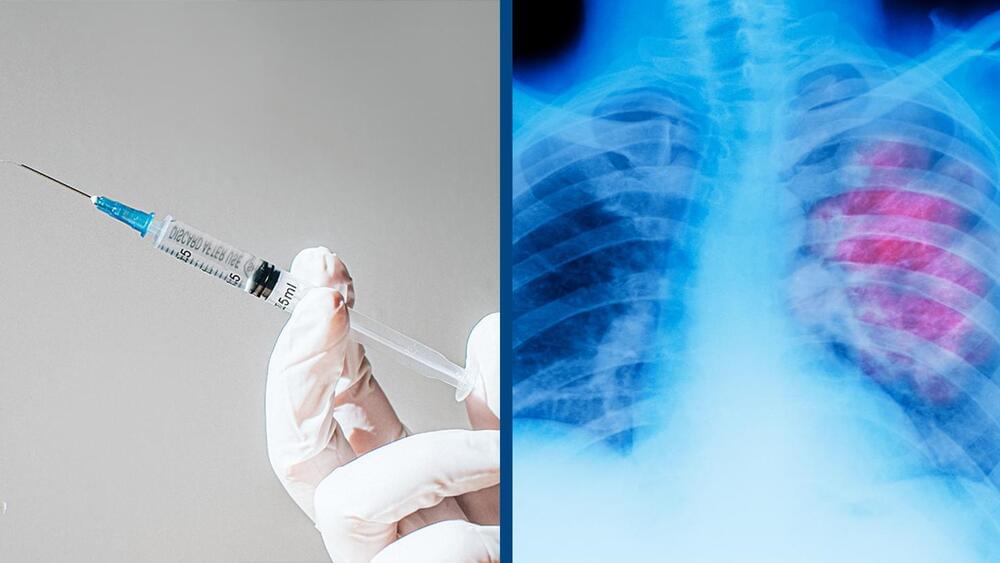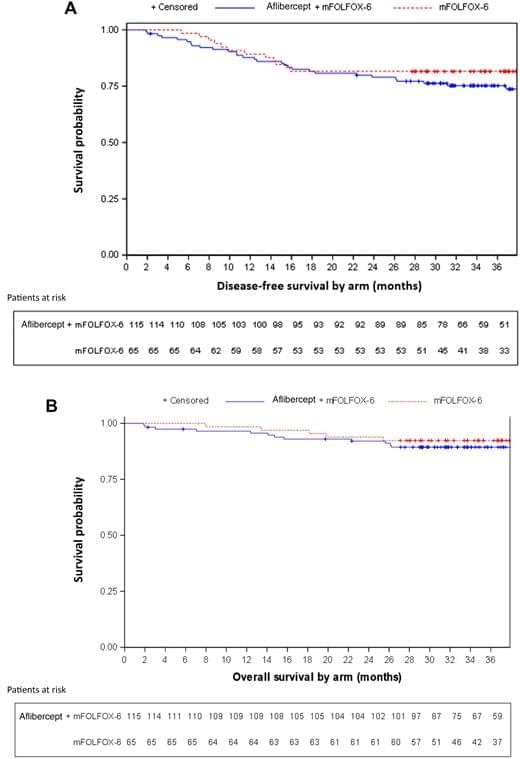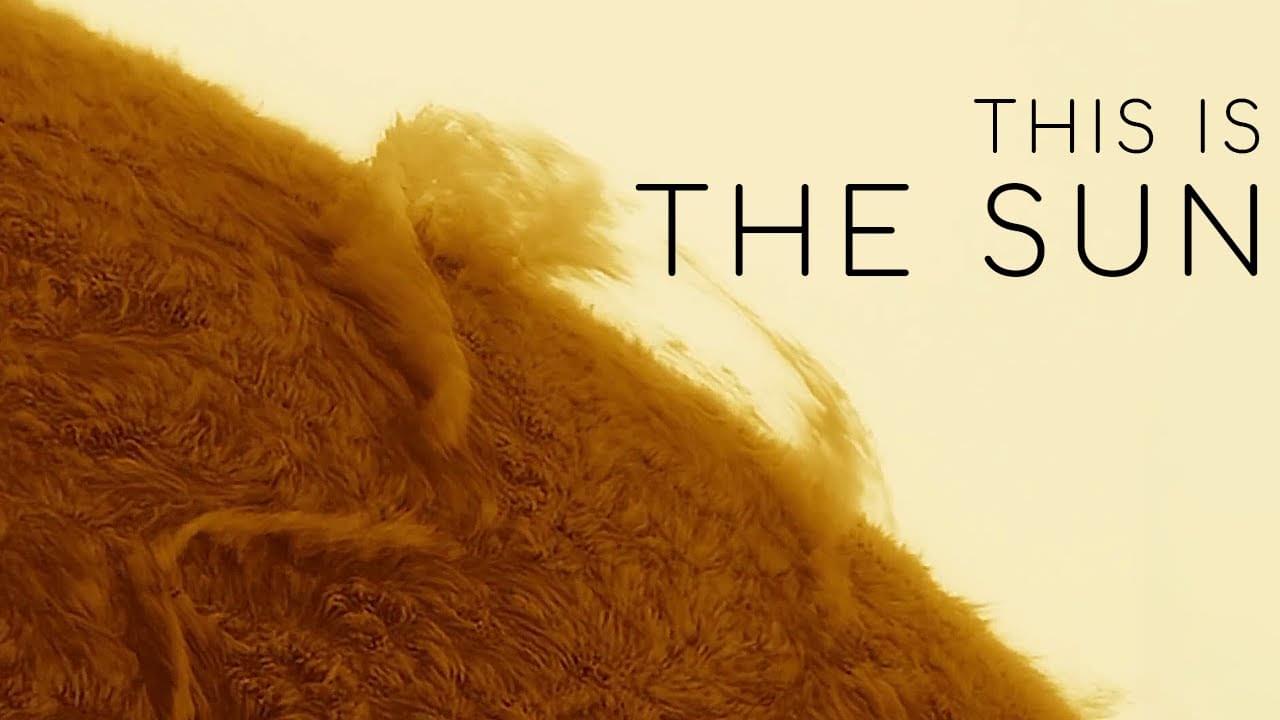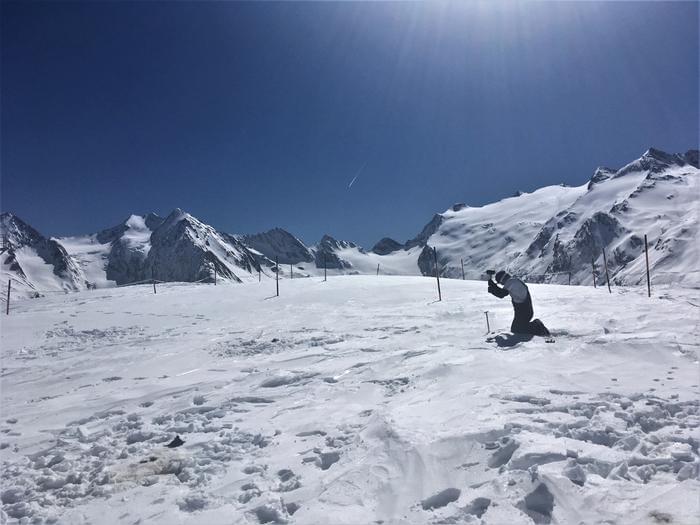Mar 26, 2024
How 1990s libertarians laid the groundwork for cryptocurrency
Posted by Michael LaTorra in categories: bitcoin, cryptocurrencies, encryption, surveillance, transhumanism
The development of Transhumanism / Extropianism in the final two decades of the 20th century also set in motion the creation of digital cash, including the breakthrough killer app: Bitcoin.
The Austrian economist Friedrich Hayek wanted to denationalize money. David Chaum, an innovator in the field of cryptography and electronic cash, wanted to shield it from surveillance. Their goals were not the same, but they each inspired the same man.
Max O’Connor grew up in the British city of Bristol in the 1960s and ’70s. Telling his life story to Wired in 1994, he explained how he had always dreamed of a future where humanity expanded its potential in science-fictional ways, a world where people would possess X-ray vision, carry disintegrator guns, or walk straight through walls.
Continue reading “How 1990s libertarians laid the groundwork for cryptocurrency” »

